Patrick’s blog supplemental. Have you ever checked your viewing history on Netflix or whatever else you turn to for entertainment on telly? I have, so here’s a list of all the new TV series I watched in 2020. It’s more than usual, on top of everything else that went down.

Series means anything with more than one episode, whether it’s a limited series or something that runs for fifteen seasons with twenty-two episodes per season. But not films. My 2020 films would be a different list.
New means new to me, and only that which I’ve started watching in 2020, regardless of whether it was launched this year or much earlier. Thus, series that I did watch this year but started watching earlier are not on the list. Basically, this refers to American Horror Story: 1984, Babylon Berlin, Criminal Minds, The Crown, Dark, Deutschland 89, Modern Family, Vikings, and Star Trek: Discovery. Quite a handful in its own right.
Watched means watched completely – all of it from A to Z, however much there is –, again regardless of whether it’s a limited series or a programme that’s been with us for several years and seasons. Of course, completely watching a programme implies that it is quite tolerable, if not more. Barbarians is not, wherefore I didn’t watch it to the end (I just couldn’t), wherefore it’s not on my list. The same applies to A Very Secret Service (a very boring affair) and a few others which I’ve already forgotten.
Applying these criteria, we arrive at thirty-four new series. There is one undisputed winner, Black Sails, and one strong second, Money Heist. There are no less than seven honourable mentions, by which I mean if it weren’t for Money Heist, I would have a hard time choosing a runner-up.
Here goes. My 2020 TV series in the order of watching.
Star Trek: Picard (January to March)
The first honourable mention.
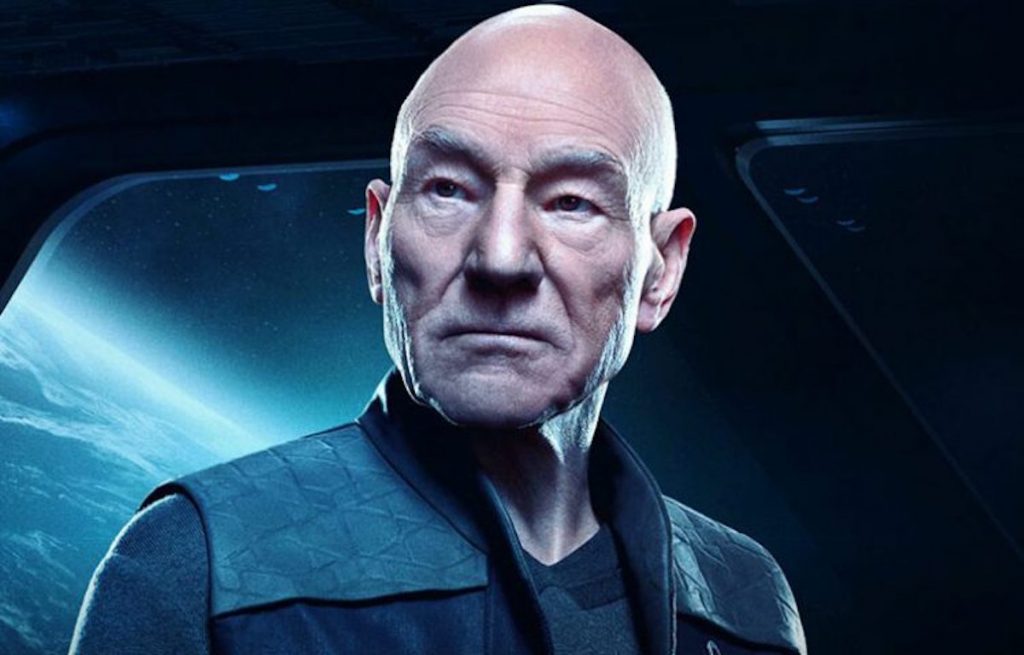
Jean-Luc Picard is back. Set twenty years after the events of Star Trek: Nemesis, Patrick Stewart reprises his role from Star Trek: The Next Generation. It’s wonderful to see Sir Patrick again. Lots of fan service, too, which to me boils down to: Deanna Troi. Beautiful, nostalgia-evoking main title sequence.
Money Heist (April)
The strong second, in fact, this has been my number one till Black Sails came along. Also known as La casa de papel, this Spanish production is about two heists meticulously prepared by a man known as the Professor (Álvaro Morte) and executed by a team of professionals who have given themselves city names for aliases. I look up at the Professor, I identify with Berlin (Pedro Alonso). But Nairobi (Alba Flores) – la puta ama – broke my heart.
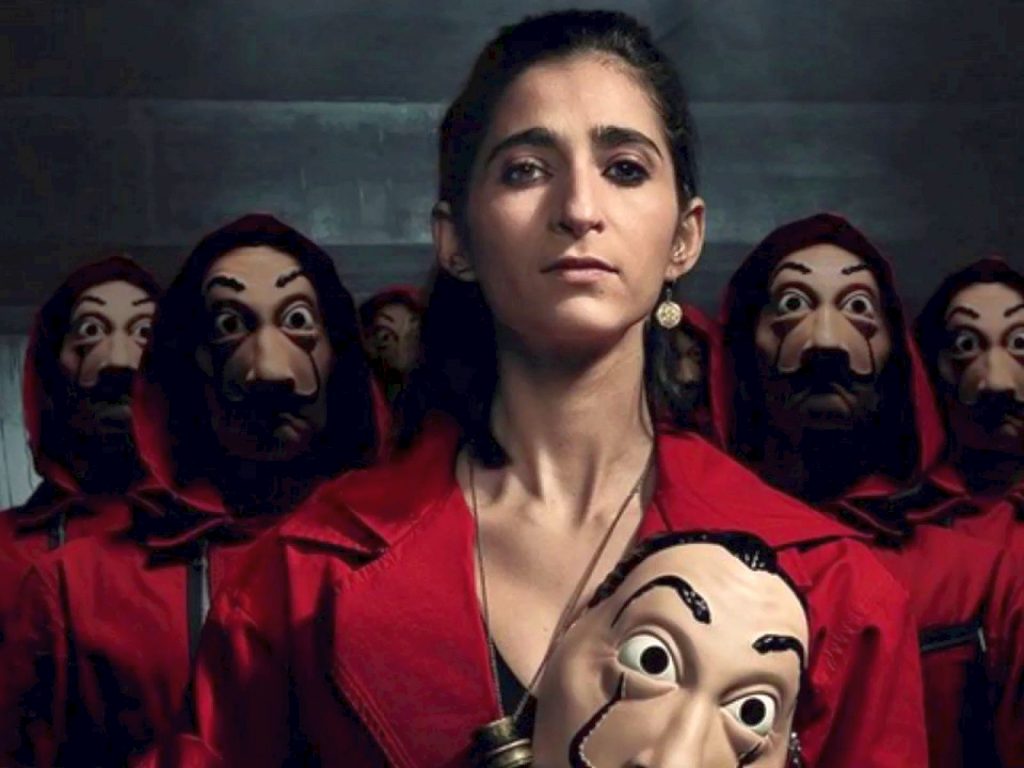
The main theme isn’t anything to write home about, but Money Heist stands for a different piece of music anyway.
The Last Dance (April)
I used to play basketball, a lot, and I used to support the Chicago Bulls during the time covered by this documentary about the Bulls and Michael Jordan. Hence it was a no-brainer that I would watch this.
Yeah, yeah, Jordan, but it was nice to see the other members of the team again, first and foremost my favourite Bull, Scottie Pippen.
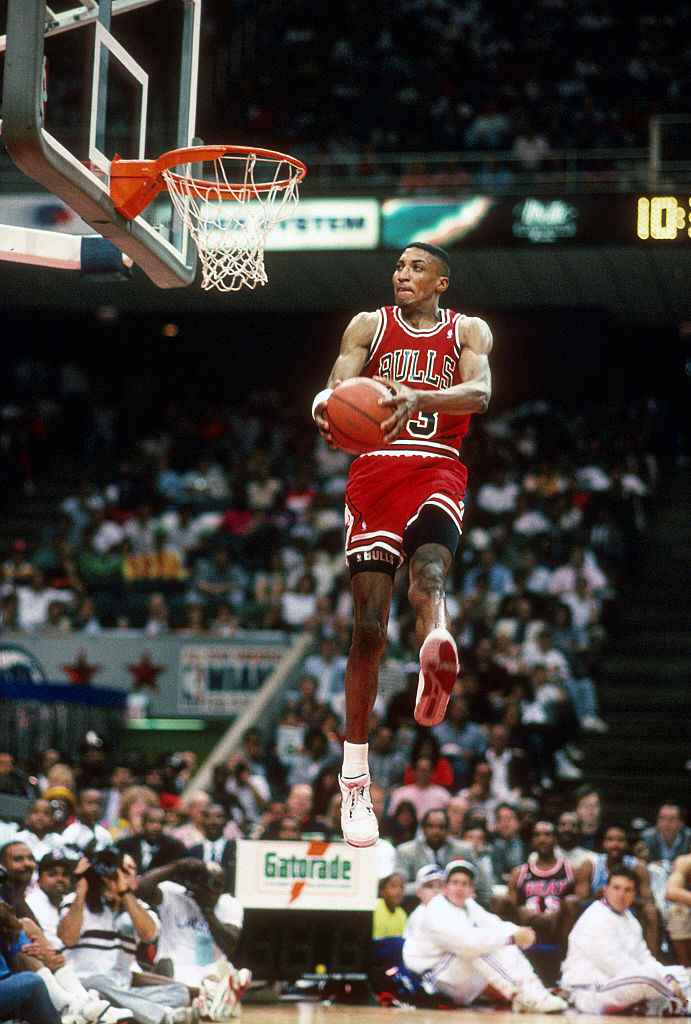
Caliphate (April)
The story of this Swedish production is based on the real-life English case of three teenage girls who let themselves be recruited by the Islamic State. Only that it’s set in Sweden. Islamic extremism, terrorism, tensions within Islam and among Muslims, women’s rights, and human rights.
After Life (April)
A beautiful series about how a man lives on after his wife dies from breast cancer. So sad the premise yet so funny the plot, something which only Ricky Gervais can deliver like that.
Fauda (April, May)
An Israeli series about a Mista’aravim special unit which consists of Arabic-speaking Israeli soldiers covertly operating as Palestinians. Very exciting, although the quality varies from season to season. Also, Lior Raz, the screenwriter who also plays the leading role, is so vain. His pudginess makes him stand out among his super-fit colleagues, which doesn’t exactly add credibility. Plus, his character is constantly screwing up. This is to move the plot forward, I suppose, but often it’s so unrealistic that it hurts. In a series that is based on realism this is a minus point.
Tiger King (May)
This true crime documentary about that zookeeper Joe Exotic and other members of the American society of big cat conservationists and collectors. Lots of vicarious embarrassment, followed by embarrassment about why one is watching this.
Giri/Haji (May)
The second honourable mention.
This gem was serendipity. A Yakuza crime thriller set in London and Tokyo, most of it in Japanese but originally aired on the BBC. Several characters, several individual story lines, all interwoven.
And at the very end, suddenly there’s this interpretative dance scene. A three-minute wordless poem recapitulating it all. It comes out of the blue and interrupts the ongoing action for a while. Yet it is strangely fitting.
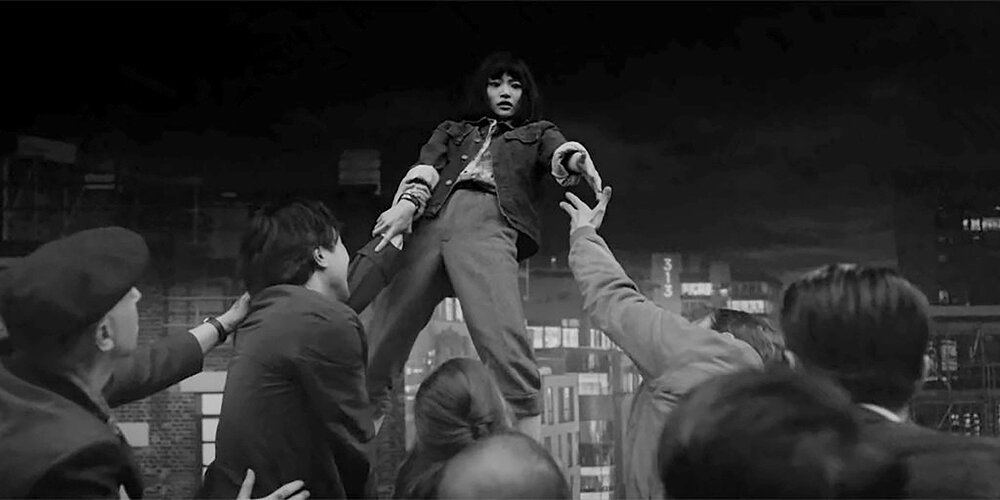
Into the Night (May)
A production from Belgium. An Italian NATO officer forces a red-eye flight from Brussels to take off early. It seems he knows something the other ones on board don’t. Indeed, because of the early start, they survive an event which causes every living organism in the world to be killed when exposed to sunlight. They continue to fly westward, ever westward trying to stay ahead of whatever led to this calamity.
It was all right.
Hollywood (May)
What does it say about a mini-series set in Hollywood’s golden age after World War II that seems to have everything – good actors, good music, a good script, über-professional presentation –, yet doesn’t leave an impression? Or what does it say about me?
The Valhalla Murders (May)
An eight-episode mystery series from Iceland. An Oslo detective with a painful past returns to his native Iceland to help a police officer hunt for a serial killer. The story and all that are quite conventional. The setting and the language made it worth the while. I was sitting there trying to catch up as much Icelandic as possible.
Freud (May)
A re-imagination of the life of young Sigmund Freud – probably a lot more exciting than the real thing. Wonderfully inaccurate and silly, which is precisely why I liked it.
Inhuman Resources (May)
An unemployed and desperate man doesn’t shy away from hostage-taking to secure a job. Starring Eric Cantona, who, I’m told, used to be a professional footballer, albeit in France.
It was all right.
The English Game (May)
Speaking of football. This is a British historical sports drama about the origins of modern association football in England.
It was all right.
Suburra: Blood on Rome (May, October)
An Italian crime drama set in Rome. In other words, power struggles among clergy, politicians, organised crime (the Sicilian Mafia calls in regularly), local gangsters, and real estate developers. One gets to like some of the characters, but like so many series, this one suffers from the phenomenon that it’s strong at the beginning, but then fades away.
Trotsky (May)
Foreign Policy called it ‘an ice-pick to the heart of Soviet history’. Ice-pick, haha. Indeed, that’s how it felt.
Space Force (June)
This one is funny because the real Space Force – the branch of the US Armed Forces as devised by Trump – is funny. (‘It is going to be something. So important.’)
As a piece of TV entertainment, Space Force mainly is a vehicle for Steve Carell and John Malkovich to have fun together. It shouldn’t come as a surprise that this is amusing to behold.
Jeffrey Epstein: Filthy Rich (June)
A documentary about a disgusting man.
White Lines (June)
Twenty years after going missing in Ibiza, the body of an English DJ is found. His sister goes there to investigate.
It was all right.
Charité (June)
They made one about the Charité in Berlin, the university hospital with tons of history.
The first season takes place at the end of the 19th century, when medical progress was significantly influenced by researchers at the Charité, namely Robert Koch, one of the main founders of modern bacteriology.
Insightful and entertaining.
Black Earth Rising (June)
A story about the prosecution of war criminals responsible for the Rwanda genocide.
National Public Radio (some US medium I had never heard of) called it ‘a fascinating, if clunky, take on the Rwandan genocide’, The Conversation (same, only Australian) ‘a nuanced portrayal of Rwanda’s complex post-genocide history’. International Policy Digest (you know) rated it ‘a disappointment whose casual way of addressing a raw and complex history only adds insult to the injuries of millions of Rwandans’. Yikes.
I go with the first one. Also, I loved Michaela Coel in the main role.
Black Sails (June)
The undisputed winner.
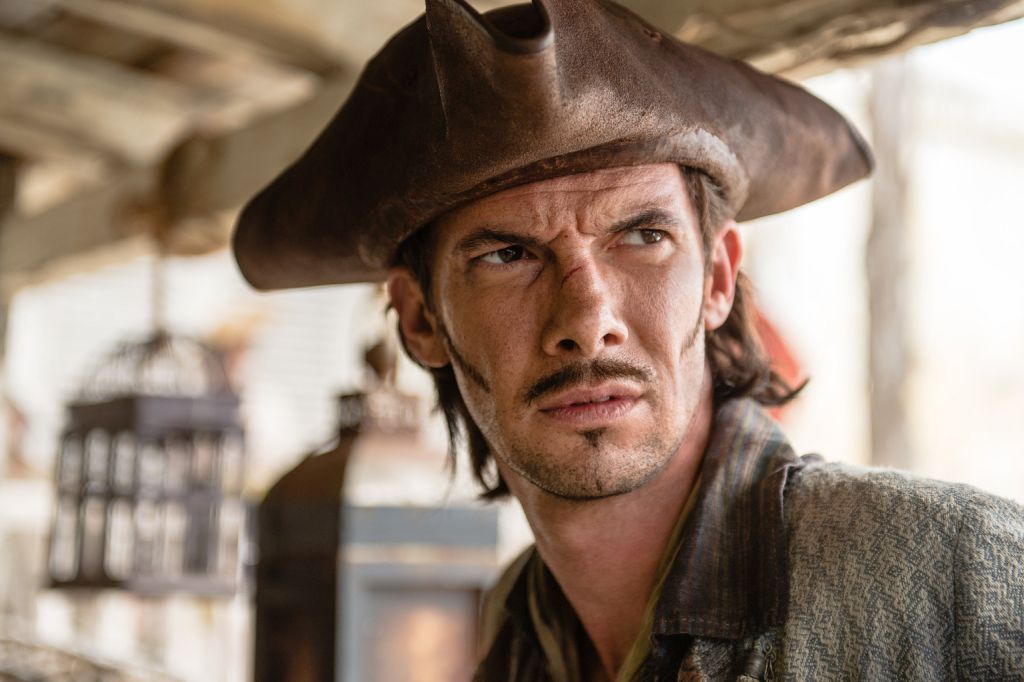
There are a lot of good series out there, there are new ones every day. But this one, whoa. You know, when you find a gem of a show where everything is just right? Except for its length, which is too short, and you can barely accept that it has to end, even though it ends brilliantly – something not many of the good series manage to do? Where every member of the ensemble cast is excellent, as is the writing, as are the props, as is the literary basis, in this case Robert Louis Stevenson’s Treasure Island, to which this show is in fact a prequel? Where every frame shows how much fun everyone had during the shooting. All this is Black Sails. It made me dig out my copy of Stevenson’s classic and re-read it.
My favourite character: Toby Schmitz as Calico Jack Rackham.
And the theme! One of those which you don’t skip. Ever.
Warrior Nun (July)
The third honourable mention.
What is Warrior Nun? Well: ‘After waking up in a morgue, an orphaned teen discovers she now possesses superpowers as the chosen Halo-Bearer for a secret sect of demon-hunting nuns.’ Awesome, right?
Elle magazine summarised it thus: ‘A lot of supernatural-esque baddie-fighting, spiffy superpowers, and flashy outfits, but the delightful cast rescues this otherwise irreverent show from alienating its audience.’ I agree wholeheartedly.
Strictly speaking, this isn’t a magnificent show and yet it’s one helluva, simply because it’s so enjoyable. It’s enjoyable because of the cast and the fun they’ve had while shooting, which is so visible it’s almost palpable. This makes this series a big joy to watch, and I look forward to the next season.
My favourite characters: Shotgun Mary and Sister Lilith. My excitement began when I heard the names. It grew when I watched Toya Turner and Lorena Andrea’s acting.
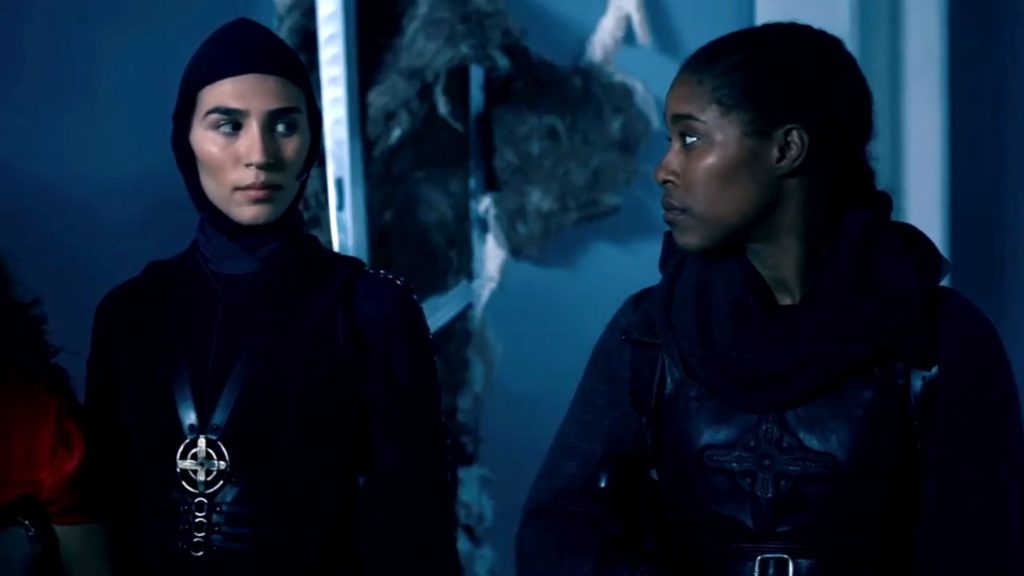
Fear City: New York vs The Mafia (July)
A documentary about five Mafia families who controlled New York in the 1970s and ‘80s, until a group of US federal agents work to take them down.
It was all right.
Indian Matchmaking (July)
This is a documentary about matchmaking and arranged marriages, which are a thing in India. Well, I knew this already. Also, I’m not against it if, as always, consensus reigns. In other words, I don’t quite get why this show has a divided viewership, allegedly promoted false perceptions, painted India in an anachronistic light, focused too much on traditional, orthodox views, or whatever else was reported. I found Indian Matchmaking to be a heavily staged production complete with arrangements about who is supposed to be the viewers’ darlings or the unloved.
It was all right.
The Umbrella Academy (August)
The fourth honourable mention.
I won’t wager my boots on it, but sometimes I feel this one comes closest to Money Heist, meaning it may be the strongest second runner-up candidate.
Allow me to copy and paste from the show’s costume designer Christopher Hargadon (yes, the costumes were great, too):
‘On one day in 1989, 43 infants are inexplicably born to random, unconnected women who showed no signs of pregnancy the day before. Seven are adopted by billionaire industrialist Sir Reginald Hargreeves, who creates the Umbrella Academy and prepares his “children” to save the world. In their teenage years, though, the family fractures and the team disbands. Fast forward to the present time, when the six surviving members of the clan reunite upon the news of Hargreeves’ passing. They work together to solve a mystery surrounding their father’s death, but divergent personalities and abilities again pull the estranged family apart, and a global apocalypse is another imminent threat.’
A wonderfully silly story performed by a great cast. For example, it’s quite something how Aidan Gallagher portrays a sixty-year-old man in a fifteen-year-old boy’s body. Incredibly enjoyable to watch, often taking the mickey out of itself (the makers of humour-bypassing Dark could take a cue from this).
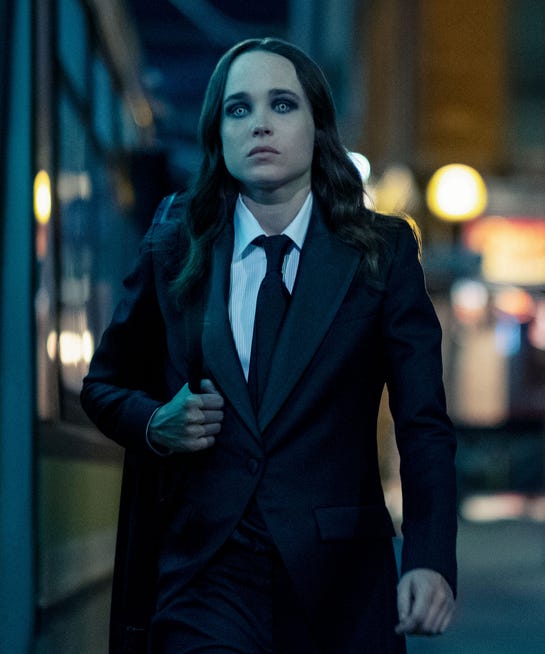
High Score (August)
A documentary that looks at the history of classic video games, with stories of and interviews with games developers and creators. It was particularly nice to see Atari founder Nolan Bushnell again.
Biohackers (August)
This is a German mini-series, the story of medical student Mia and her ruthless professor, who wants to make God obsolete using synthetic biology.
It was all right.
Why Women Kill (late August)
The fifth honourable mention.
Yes, why do women kill? And when they do, how do they make sure they won’t be caught?
A dark comedy drama about three women living in three different decades: a housewife in the sixties (Ginnifer Goodwin), a socialite in the eighties (Lucy Liu), and a lawyer in 2019 (Kirby Howell-Baptiste), each dealing with infidelity in their marriages.
This series bears the hallmarks of Marc Cherry’s Desperate Housewives, of which I’m a big fan.
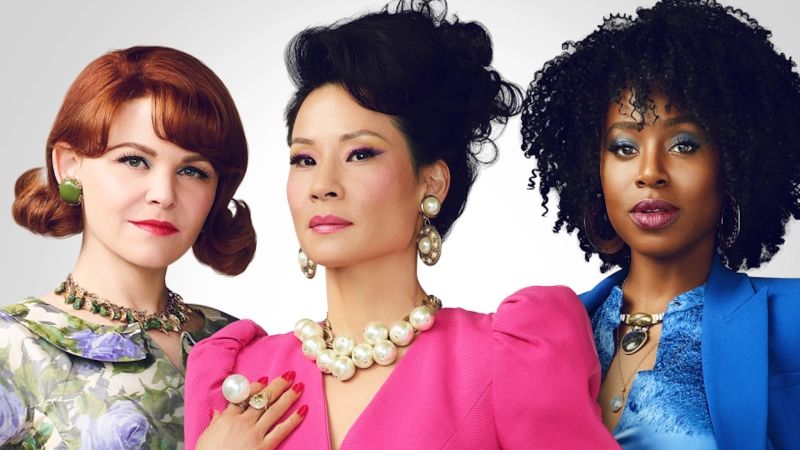
Ratched (September)
Remember One Flew Over the Cuckoo’s Nest, the Oscar-winning film with Jack Nicholson, or even the novel? This is the prequel focusing on one of its characters, Nurse Ratched.
Where Why Women Kill resembles Desperate Housewives, this here reminds one of American Horror Story: same writers, same cast. Which is a good thing.
Away (September)
A short-lived show about the first mission to land on Mars. Hilary Swank as Emma Green, the commander of an international crew, who leaves behind her husband and teenage daughter.
It was all right.
The Strain (late September)
The sixth honourable mention.
Now, what is this? A chance find, a show about a virus or… something… infecting everyone on a plane from Berlin to New York, so now they’re all dead, or are they. The Centers for Disease Control and Prevention (some kind of national public health institute in the US) come in, and just as you’re expecting a science thriller to unfold, the series takes a sharp bend. Suddenly you’re in some kind of vampire horror story. With Nazis.
That was about the time when I realised this series was created by Guillermo del Toro of Hellboy fame.
Favourite character: Richard Sammel as former concentration camp commandant and antagonist-at-large Thomas Eichhorst would be to easy. Nah, it’s Kevin Durand as Vasiliy Fet, who reskills from rat to vampire exterminator.
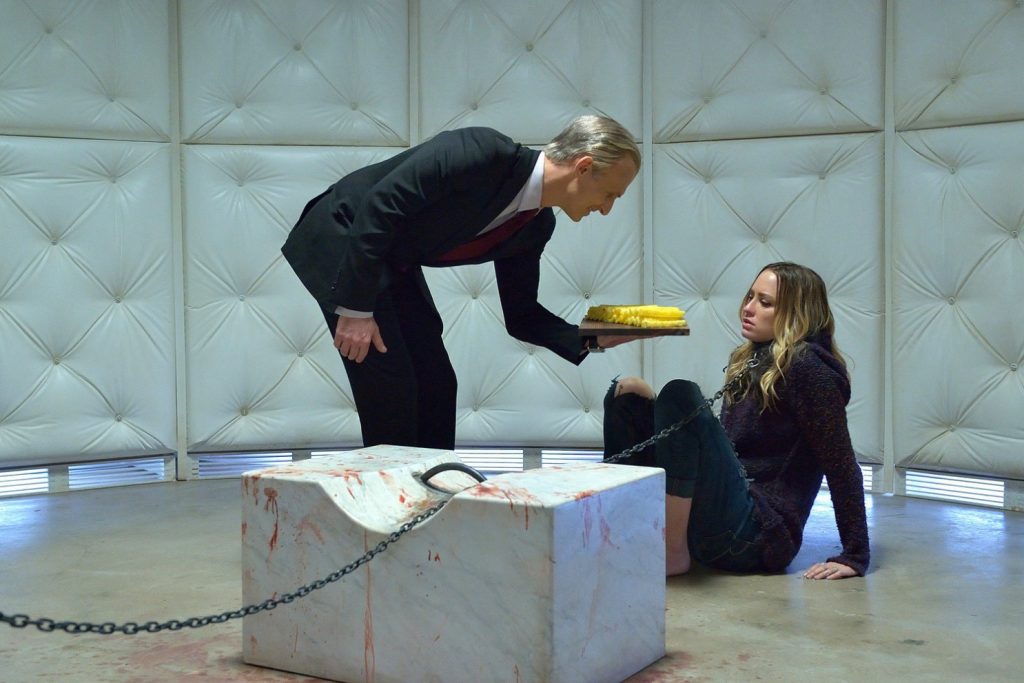
Deadly Class (November)
Not that The Umbrella Factory were sanitised (it is not), but if you add a lot more grime to it and firmly place it in the eighties (instead of all over the twentieth century), then you get close to Deadly Class.
This time the Hogwarts substitute is a school of assassins. You know, the kind where mob bosses and mass murderers send their offspring to learn the trade.
A pleasant viewing. The setting in the eighties is nice. Including this funny reference to the early days of remote data transmission.
‘You talking to me again?’
‘No. I’m talking to my real friend, Johan. He’s in Sweden, and he just sent me a photo of a naked lady. In eight hours, it will be downloaded.’
‘Inspiring use of technology you got there.’
Everybody Hates Chris (since November)
The seventh honourable mention.
This is a comedy series about the life of Chris Rock, indeed it’s somewhat autobiographical, or so I’ve read. Thus, a comedy series about a black boy who lives with his family in Brooklyn in the eighties, but goes to a faraway school where, apart from him, there are only white people.
It’s fun to understand all the (or, well, many) references and allusions to hip-hop, sports, TV, and whatnot. Miss Morello, the naively racist class teacher who fetishises everything about black culture is great entertainment. Another highlight is the episode in which Chris has a date for the school ball, but the girl’s parents want to meet him first. So, he goes to her house, rings the bell, the door opens – and suddenly he’s in an episode of The Cosby Show, because the parents are the Huxtables and Chris just stepped into their living room. With all the trimmings: live sitcom format, the audience laughing or cheering whenever a character enters for the first time. Chris even gets one of Mr Huxtable’s hilarious iconic sweaters.
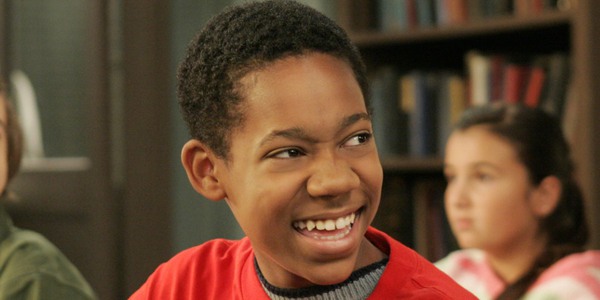
I read up about what in this programme is autobiographical and what’s invented. It said Chris Rock changed or compressed a lot (one brother on the show instead of several brothers in real life, things like that). But growing up wasn’t a walk in the park, it seems. One forgets about it while watching because everything is turned into a laugh, and successfully so. One blanks out what the series is called. Till something super-racist at the expense of series Chris happens and it comes back to one.
You have reached the end of the list. Thanks for reading.
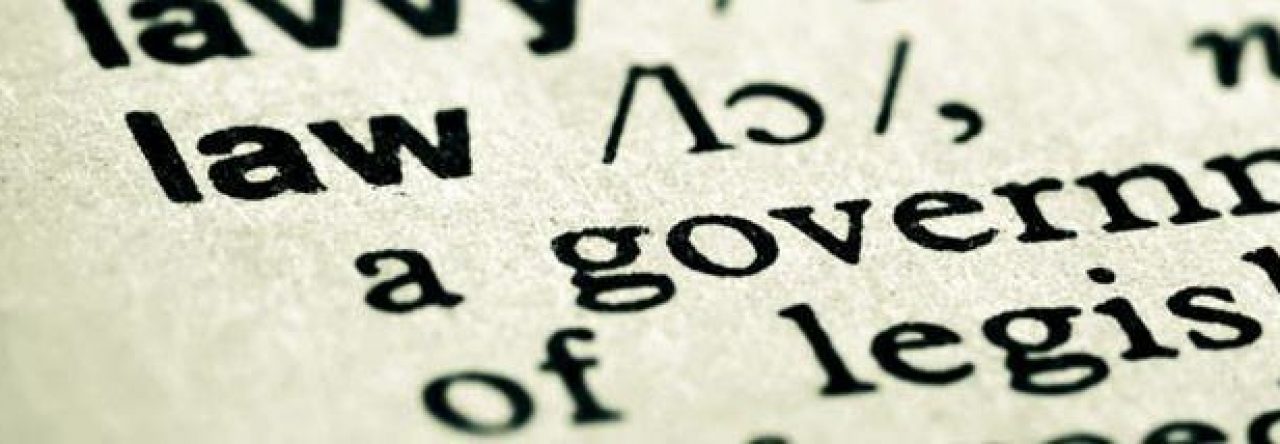
Leave a Reply